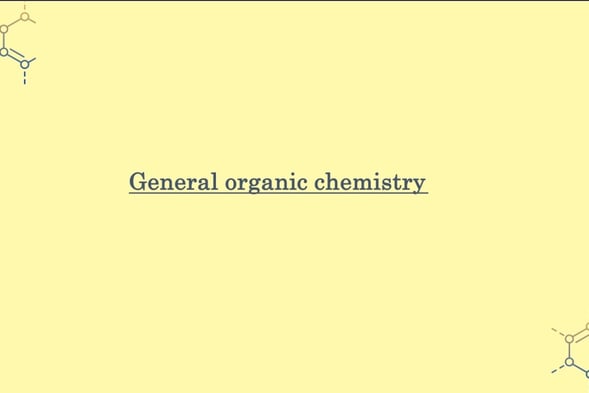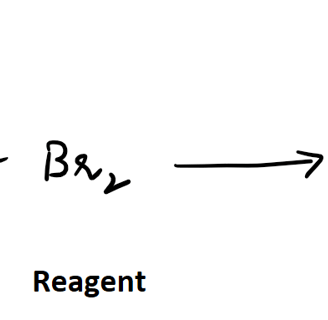General Organic Chemistry
In the realm of organic chemistry, understanding the roles of substrates, reagents, and products is crucial. These terms are fundamental to the study of chemical reactions and play a vital role in determining the outcome of a reaction. In this article, we will explore the definitions and significance of substrates, reagents, and products.
CHEMISTRY


General organic chemistry
Organic chemistry is a branch of chemistry that deals with the study of carbon compounds. It explores the various reactions that occur between organic molecules, leading to the formation of different products. These reactions can be classified into several types, including substitution, addition, elimination, and rearrangement reactions. Understanding the mechanisms behind these reactions is crucial for comprehending the behavior of organic compounds.
Substrate
A substrate in chemistry refers to the substance that undergoes a chemical reaction with another substance, known as the enzyme.
Reagent
An attacking reagent refers to a chemical substance that is capable of initiating a chemical reaction by reacting with another compound. It is commonly used in organic synthesis to introduce new functional groups or modify existing ones. The attacking reagent typically possesses a nucleophilic or electrophilic character, allowing it to interact with a target molecule and break or form chemical bonds.
Product
A product in a chemical reaction refers to the resulting substance(s) that are formed when reactants undergo a chemical change. It is the outcome or end point of a reaction. For example, in the reaction between alkene and bromine, disubstituted alkane is the product.


